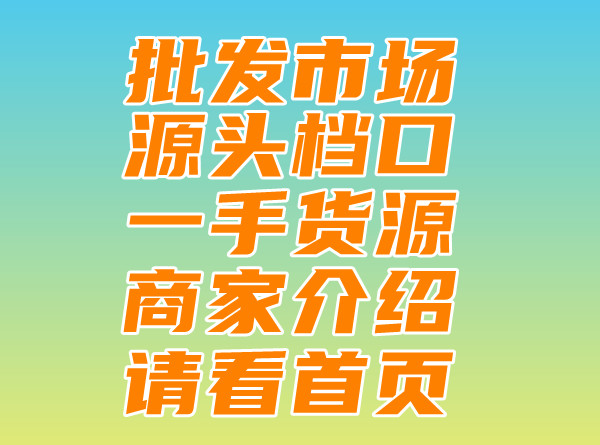Store A's Unauthorized Bags Without Price Tags: An Infringement Case Review
Store A's Unauthorized Bags Without Price Tags: An Infringement Case Review,
The Issue of Infringement in Selling A-Grade Goods with No Price Tags in Clothing Stores
In the fast-paced retail industry, clothing stores often strive to offer customers a wide range of products, including high-end and premium items. However, the practice of selling A-grade goods without price tags in some stores has become a subject of controversy, as it can lead to various legal issues and concerns about infringement of intellectual property rights. This article examines the consequences of such practices in light of intellectual property infringement and the legal implications for businesses and consumers.First and foremost, the absence of price tags on A-grade goods poses a challenge to the authenticity of the products. In the absence of proper labeling, customers may be misled into purchasing counterfeit or unauthorized items that imitate branded merchandise without realizing it. This practice not only violates the rights of intellectual property holders but also undermines consumer trust in the clothing store industry as a whole.
Moreover, selling A-grade goods without price tags can lead to legal action by the trademark owners or manufacturers. These companies have invested heavily in developing their brands and products, and the unauthorized sale of identical items without permission can cause significant financial losses and damage to their reputation. The clothing store owners may face legal consequences ranging from fines to closure if found guilty of infringing intellectual property rights.
Furthermore, the practice of selling A-grade goods without price tags also poses a challenge to fair competition in the market. As these products are often sold at lower prices than the genuine branded items, they create an unfair advantage for those offering counterfeit goods, disrupting the market balance and causing financial losses to legitimate businesses.
Moreover, such practices also violate consumer rights as they create a lack of transparency in pricing and product authenticity. Consumers have the right to know the exact details about the products they are purchasing, including their price and origin. The absence of price tags deprives customers of this vital information, leading to potential dissatisfaction and even fraud.
Conclusion:
In conclusion, selling A-grade goods without price tags in clothing stores is an infringement that not only violates intellectual property rights but also poses challenges to fair competition and consumer protection. It is crucial for clothing store owners to ensure proper labeling and transparency in pricing to avoid legal consequences and maintain consumer trust. Moreover, authorities should take stringent measures to combat such illegal practices and protect the interests of legitimate businesses and consumers.

- Rate of the Land: Replicated Card Pack Journey.
- "LV Mini Square Bag Replication: A Guide to Vintage Styling"
- "Pose Replication Emojis: The Newest Trend in Emotional Expression"
- LV Hunting Bag Retro: The Ultimate Guide to Replicating Luxury Style
- Title: Replicating the天王烤鸭包: A Taste of Tradition 这个标题简洁明了,包含了关键词“复刻”和“天王烤鸭包”,同时传达了传统味道的重要性。
- Top Quality Chinese Replica Bags - Ultimate in Quality & Style
- McQueen Bag Replication: A Vintage Revival Story
- High-Quality Replica Bags: The Ultimate Guide to Reproduction Fashion Accessories.


